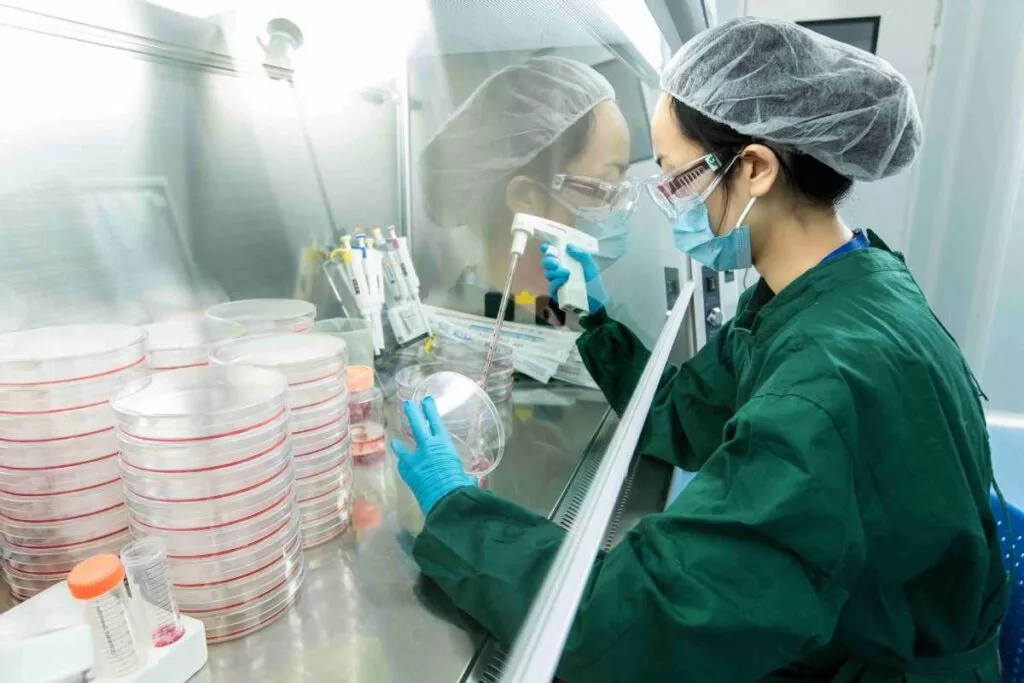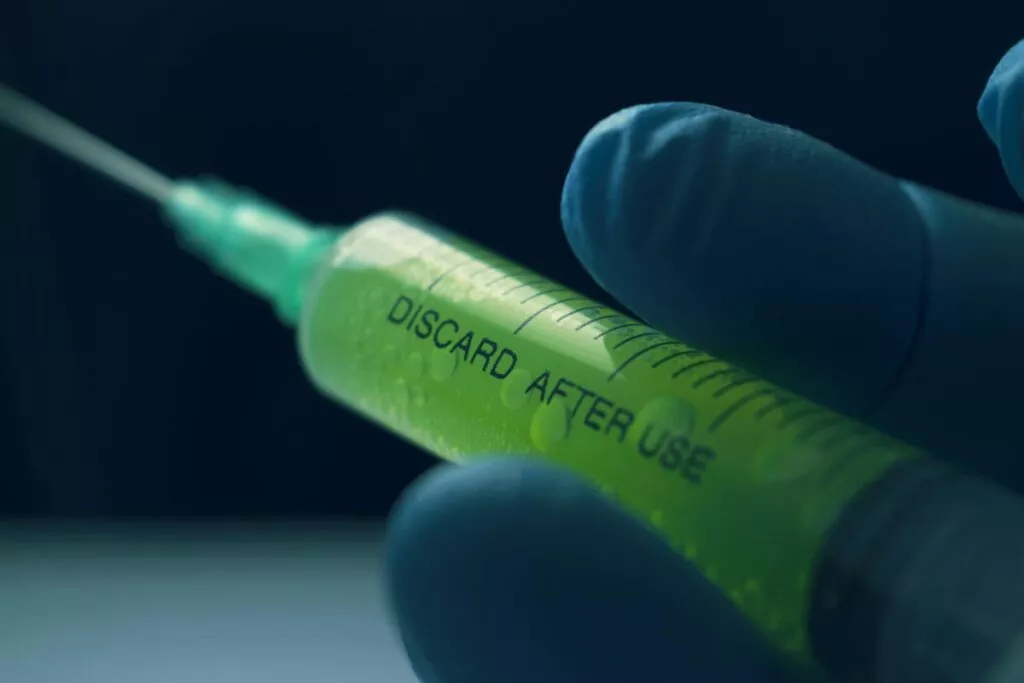Stem cell therapy is used for lowering inflammation and controlling the immune system. It is a type of regenerative medicine used to repair damaged cells in the body. This fact makes stem cell therapy an effective remedy for a number of illnesses. Studies on the use of stem cell treatments for Crohn’s disease, Multiple Sclerosis, Lupus, COPD, Parkinson’s, ALS, stroke recovery, and more have been undertaken. Stem cell therapies have also been used for the treatment of autoimmune, inflammatory, neurological, orthopaedic, and traumatic disorders.
While new stem cell therapies don’t always cure these conditions, the premise is to allow the body to heal itself well enough to reduce the symptoms of the requirements for a long period of time. In many cases, this effect can substantially increase the quality of life for people and can also delay disease progression.

Damaged or missing cartilage is one of the most frequent reasons for joint discomfort and restricted motion. Bones that come together in joints are covered in cartilage, which protects them from rubbing and friction while moving. The efficacy of cartilage in the joints can be impacted by diseases, wear, ageing, arthritis, injuries, and more. You can curb decreased cartilage with minimal to no side effects by receiving injections of stem cells.
One of the body’s tissues that cannot naturally regenerate is cartilage. The body does not naturally produce new cartilage when wear and strain cause the cartilage to become thin. Surgery is frequently used to restore missing cartilage, either by drilling the joint or by creating small fractures. A less invasive and more promising treatment option is to use the patient’s own stem cells to accelerate healing with an injection.
Fatty (adipose) tissue, bone marrow, synovial tissue as well as other parts of the body contains stem cells. They are blank cells that can transform into the same makeup as the cells around them, making them unique in that they may be employed to heal nearly any tissue. The body’s damaged or missing cartilage in joints can be repaired using stem cells that have been extracted from a patient’s bone marrow or adipose tissue, and then concentrated and sterilised.

For several patients at Specialty Care Clinics, stem cell injections for cartilage regeneration or preservation have shown notable outcomes. Most patients only need a short period of recovery time following their stem cell injection, which may be administered under local anaesthetic. The stem cells automatically hone in on the areas that need repair. This can help recover lost cartilage, preserve existing cartilage and slow down loss from the disease.
Stem cell injections treatment for joint pain due to cartilage damage can decrease pain and inflammation while improving mobility. If you have joint pain caused by cartilage loss or damage, stem cell treatment may be the right option for you.
If you are suffering from knee pain, visit Specialty Care Clinics for proper diagnosis and quality treatment. Our doctors are well-trained and experienced in giving stem cell injection treatment. They will properly diagnose the condition and give suitable treatment. Call us now.
